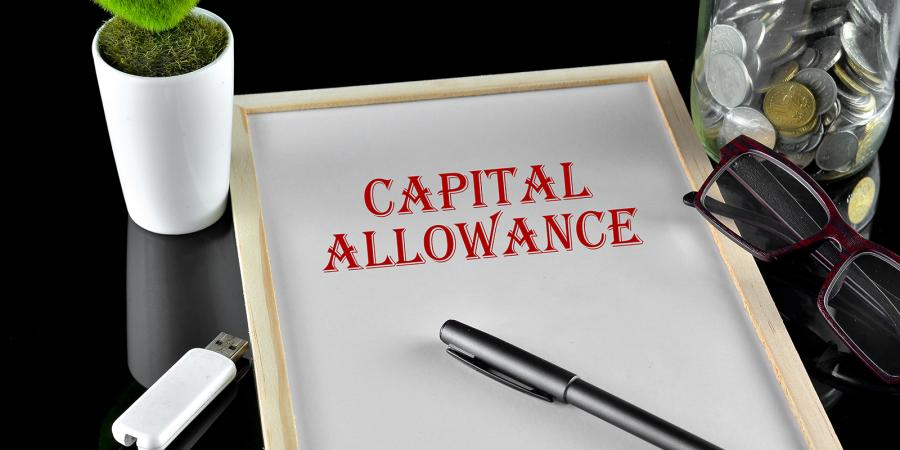Among the most powerful and widely available methods for legally reducing a Self Assessment tax bill is making contributions to a private pension. The UK government provides generous tax relief on these contributions to encourage long-term saving, a benefit that is particularly valuable for self-employed individuals who do not have access to an employer’s workplace […]
When a self-employed business purchases long-term assets, such as equipment, machinery, or vehicles, the cost is not typically treated as a standard day-to-day expense. Instead, tax relief is given through a system called Capital Allowances. This system allows the business to deduct a portion, or in some cases all, of the asset’s cost from its […]
The way millions of UK taxpayers manage and report their earnings is about to undergo its most significant transformation in a generation. HMRC’s MTD Income Tax initiative is expanding, and from April 2026, it will bring self-employed individuals and landlords into a new era of digital tax administration. The traditional annual Self Assessment tax return […]
For the millions of self-employed individuals working from home, claiming a deduction for the associated household costs is a key part of reducing their tax liability. HMRC provides two distinct methods for calculating this expense: a simplified flat-rate system and a more detailed calculation based on actual costs. The choice between these methods is a […]
The “Wholly and Exclusively” Test: Applying HMRC’s Golden Rule For any self-employed individual, understanding and correctly applying the rules for business expenses is the most direct way to reduce their taxable profit and, consequently, their final tax bill. The foundation of all expense claims rests on a single, critical principle set by HMRC: the cost […]
Beyond the Deadline: The Strategic Advantages of Filing Early The annual Self Assessment deadline of 31 January for online returns is a well-known fixture in the UK’s financial calendar. For many, it represents a period of stress and last-minute activity. However, viewing this date as the target for filing is a fundamental strategic error. HM […]
1. Wprowadzenie do optymalizacji automatycznego linkowania wewnętrznego w WordPressie Automatyczne linkowanie wewnętrzne stanowi kluczowy element zaawansowanej strategii SEO, który wymaga precyzyjnego planowania i technicznej realizacji na poziomie eksperckim. W kontekście platformy WordPress, optymalizacja tego procesu przejawia się nie tylko w poprawie widoczności w wyszukiwarkach, ale także w zwiększeniu użyteczności strony dla użytkowników, poprzez inteligentne i […]
For a self-employed individual or a member of a partnership, making a trading loss can be a disheartening experience. However, the UK tax system provides several valuable, albeit complex, options for using these losses to reduce tax liability, either by generating an immediate tax refund or by lowering tax bills in future years. Understanding and […]
In der Welt der Glücksspiele, insbesondere bei digitalen Spielen, ist das Thema der Auszahlung ein zentrales Element für Spieler und Betreiber gleichermaßen. Es beschreibt den Vorgang, bei dem ein Spieler einen Gewinn in Form von Geld oder anderen Belohnungen erhält. Das Verständnis dieses Mechanismus ist essenziell, um die Chancen und Risiken beim Spielen zu bewerten […]
For UK landlords, the income received from renting out property is taxable. The amount of tax due is calculated on the rental profit, which is the total rental income less any ‘allowable expenses’. A thorough understanding of which expenses can be legitimately deducted is therefore essential for ensuring tax compliance and maximising the profitability of […]








